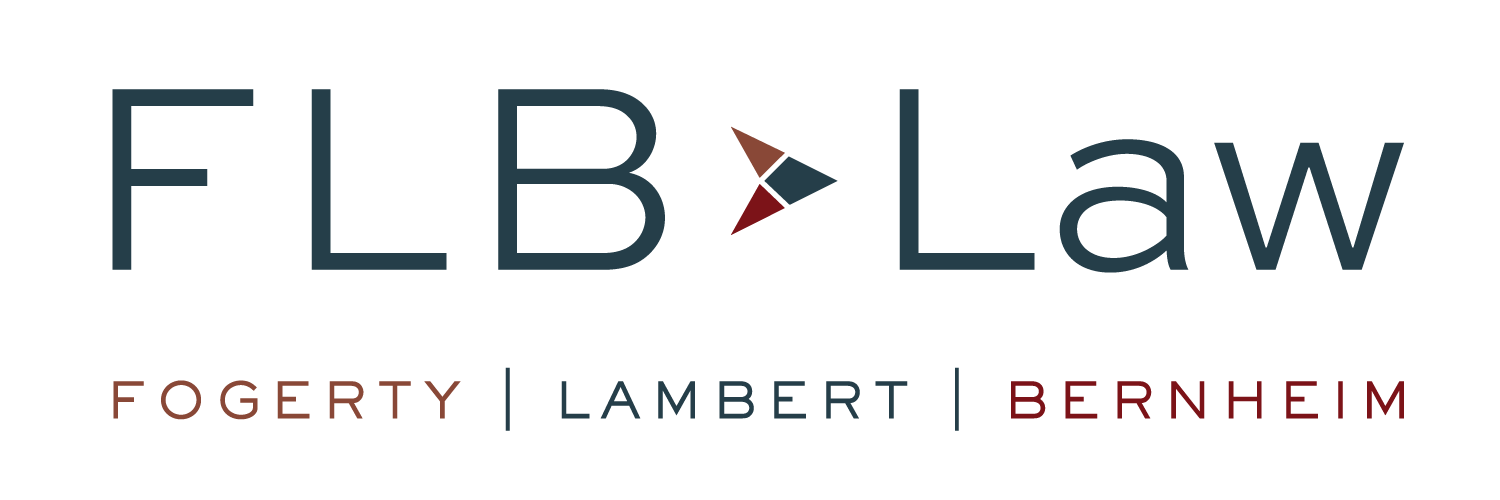The Corporate Transparency Act: What Every Small Business Must Know About Their Reporting Obligations
The Corporate Transparency Act (CTA) took effect on January 1, 2024, adding another layer of compliance for most businesses. While there are notable exemptions to the CTA, most companies will need to file certain information on their “beneficial owners” with the U.S. Department of Treasury’s Financial Crimes Enforcement Network (FinCEN). It is important for business owners to understand their obligations under the CTA since the potential penalties for noncompliance are severe.
Objective of the CTA
The CTA was enacted in 2021 to crack down on tax fraud, money laundering, and financing for terrorist organizations by making it more difficult for bad actors to hide behind shell companies or other nontransparent ownership structures. Most U.S. businesses and foreign companies operating in the U.S. will be required to submit a Beneficial Ownership Information (BOI) Report identifying and listing contact information for all individuals who meet the definition of beneficial owners and updating this information as needed in compliance with the CTA’s timeline.
Deadlines for Filing a BOI Report
Nonexempt companies formed prior to January 1, 2024, have until January 1, 2025, to file their initial BOI Report. Any nonexempt companies formed on January 1, 2024, or later, must file their initial report within 90 days of receipt of actual or public notice of their creation or registration becoming effective. For companies formed in 2025, the deadline will shorten to 30 days. Thereafter, for all companies, any changes to information within the BOI Report – such as when a company owner changes addresses – must be filed within 30 days of the change. When an inaccuracy is discovered in the report, a corrective report must be filed within 30 days. To ensure ongoing compliance, it is advisable that companies create a system for tracking all relevant changes and updating reported information as needed.
Which Companies Are Required to Comply with the CTA?
Under the CTA, reporting companies include corporations, LLCs, and similar entities that were either formed by filing a document with the Secretary of State or similar office of a U.S. state or formed under the law of a foreign country and registered to do business in the U.S. by filing a document with a U.S. state’s Secretary of State or similar office. LLCs formed with the sole intention of making a real estate purchase are among the entities required to submit a BOI Report. The CTA excludes domestic trusts and general partnerships created without filing formation documents, as well as sole proprietorships if no entity was formed.
In addition, 23 categories of entities are exempt from the CTA. These include large operating entities, defined as having more than 20 full-time U.S. employees, a physical operating presence in the U.S., and more than $5 million in gross receipts or sales in the prior year as reported on a U.S. federal tax return. Companies in heavily regulated industries such as financial services, insurance, public accounting, and public utilities figure prominently in the exemptions list, including tax-exempt entities and governmental authorities.
Companies that previously qualified for an exemption but no longer qualify will be required to file a BOI Report within 30 days of the date on which they stopped qualifying for the exemption.
Who Is Considered a Beneficial Owner?
For purposes of the CTA, a beneficial owner is an individual who, directly or indirectly, through any contract, arrangement, understanding, relationship, or otherwise:
exercises substantial control over the reporting company; or
owns or controls at least 25% of the ownership interests of the reporting company
A reporting company can and often does have multiple beneficial owners. An ownership interest is not necessary to be considered a beneficial owner; for instance, an executive who makes most of the company’s decisions would qualify and should be included in the BOI Report.
What Information Must Be Reported
The report must include each beneficial owner’s full legal name, date of birth, complete current residential address, and a unique identifying number and image from one of the following: a U.S. passport, state driver’s license, other government-issued documentation, foreign passport (if the individual does not have one of the others), or a FinCEN Identifier, a unique identifying number issued by FinCEN.
For the company itself, the report must include the full- legal name and any trade name or DBA, address, jurisdiction of formation (or the U.S. jurisdiction where a foreign company first registered to do business in the U.S.), and tax ID number. Companies formed on January 1, 2024, or later, must also identify and report their “applicant,” an individual (or two individuals) responsible for filing the report on behalf of the company.
Penalties for Noncompliance
The potential consequences for noncompliance with the CTA are significant and may include civil and criminal penalties. Willful failure to file an initial BOI Report or update the information as needed may lead to civil fines of up to $591 for each day the violation continues or criminal penalties that include a fine of up to $10,000 and/or up to two years in prison.
Who Can Access the Information in the BOI Report
The information in the BOI Report will not be available publicly and, as such, will not be subject to requests under the Freedom of Information Act. However, FinCEN is authorized to disclose the information to U.S. federal agencies engaged in national security, intelligence, or law enforcement activity and, under certain circumstances, to state, local, tribal, and foreign law enforcement agencies, as well as financial institutions.
Where to File a BOI Report
Companies can file their BOI Report with FinCEN electronically at https://boiefiling.fincen.gov.
Rick Costantini is a partner in the Corporate & Business Transactions Practice at FLB Law in Westport, Conn. Contact Rick at costantini@flb.law or 203.635.2200. For more information about FLB Law, click here.

